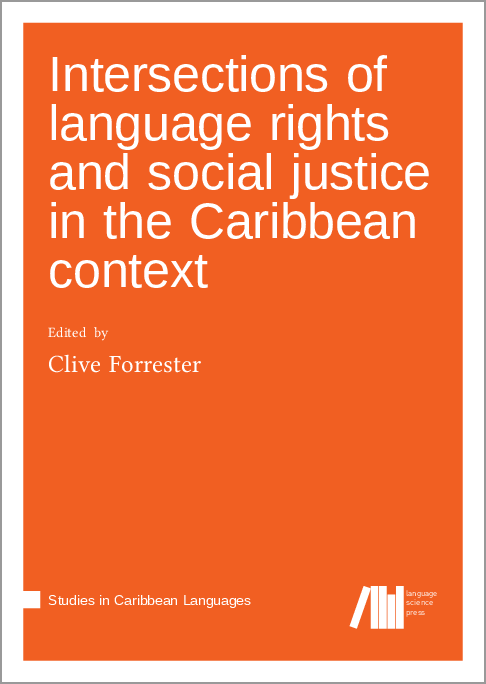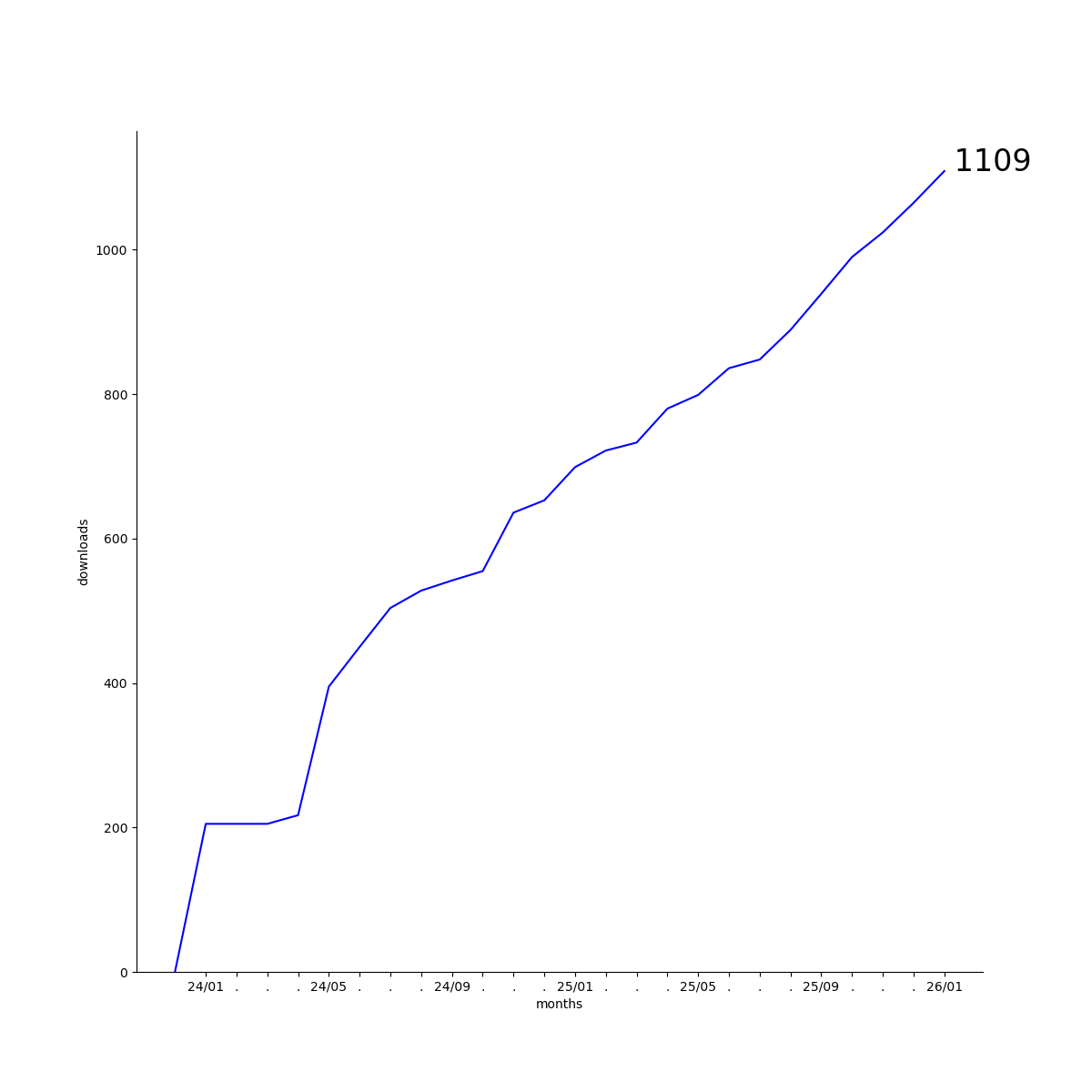We log anonymous usage statistics. Please read the privacy information for details.
Intersections of language rights and social justice in the Caribbean context
Synopsis
This volume brings together the work of six authors who explore various dimensions of language rights and how they intersect with social justice in the Caribbean context. Language rights advocacy has been an ongoing issue in Caribbean linguistics since at least the 1970s when the Society for Caribbean Linguistics was established and linguists started to turn their attention to the marginalised status of Creole languages in the region. This continued into the 1990s when dismal scores in secondary school English resulted in governments singling out Creole languages as the culprit and linguists had to get involved in shaping language policy for territories across the region. By 2011 the role of linguists was cemented in the language rights debate with the creation of the Charter on Language Rights in the Creole-speaking Caribbean. Using examples from Jamaica and St. Lucia, the current study examines the challenges that still persist ten years after the Charter, specifically in the areas of language advocacy, linguistic discrimination, and communicative hurdles in the courtroom.
Chapters
-
#problematicUsing English for social justice advocacy in Creole-speaking societies
-
We want justice!Linguistic discrimination in Jamaica’s public formal domains and the people’s cry for justice
-
Giving expert evidence in connection with Caribbean English vernacular languagesLessons from US v Kwame Richardson
-
Assessing language (-related) rights in the criminal justice system in St. Lucia
-
Swearing-inLanguage, class, and access to justice in Jamaica




